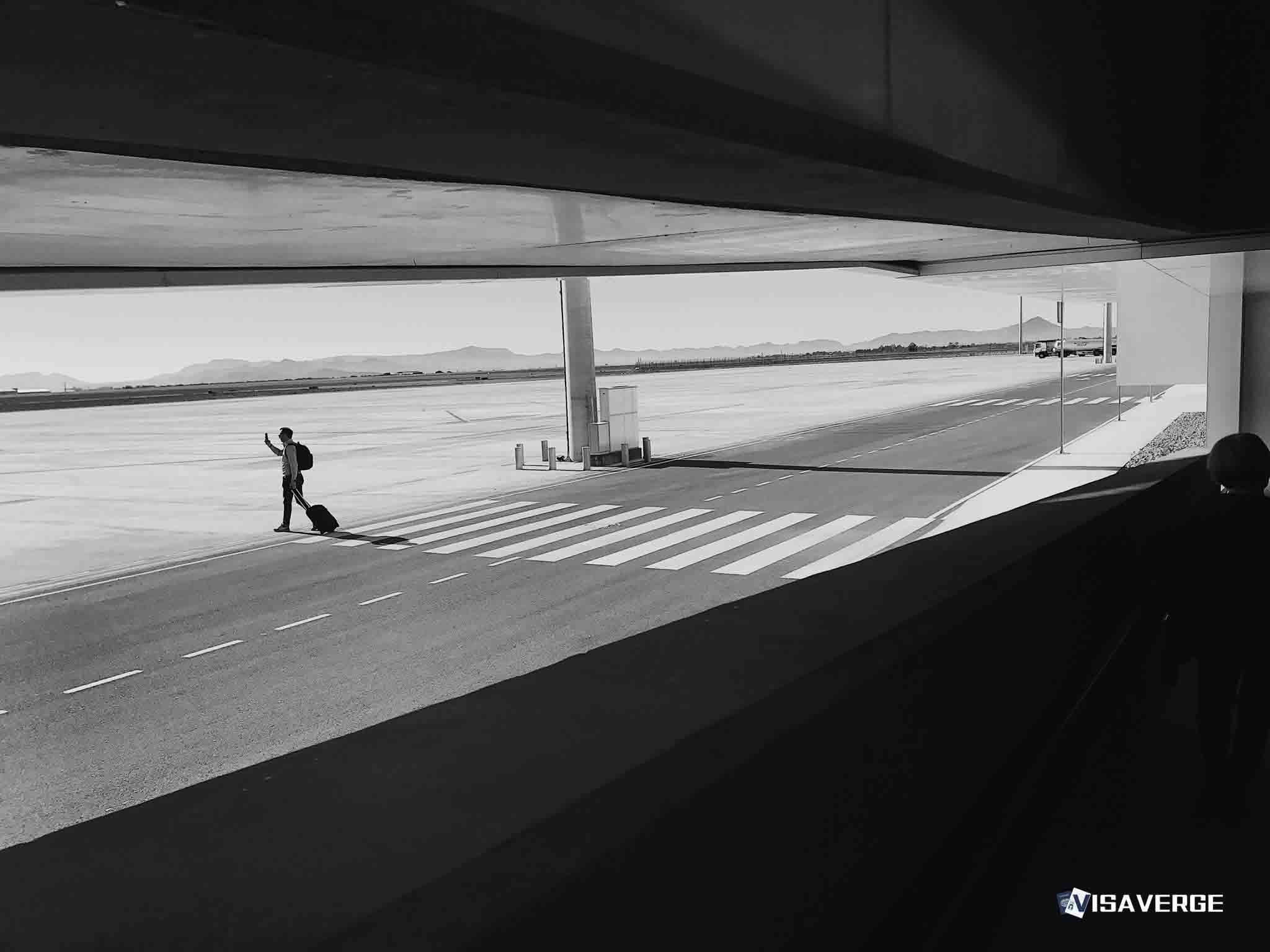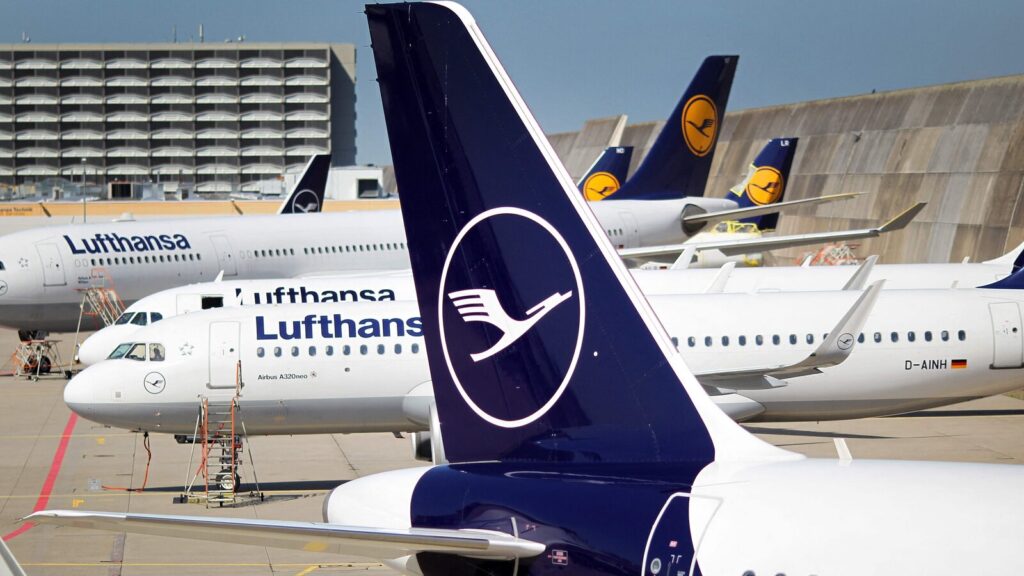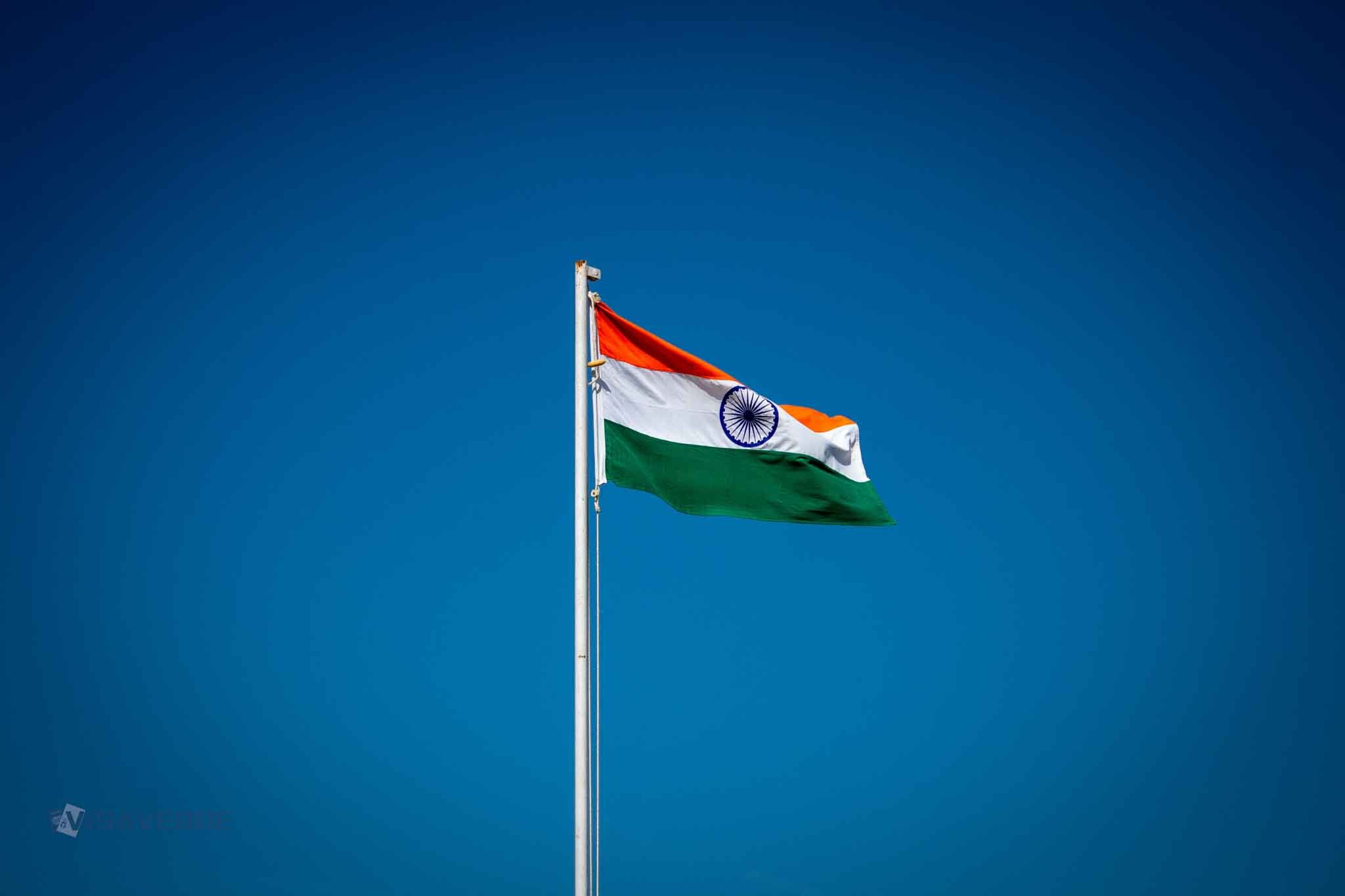(PORT OF SPAIN) The United States Embassy in Trinidad and Tobago has issued a sharp reminder to local travellers that a U.S. visa is a privilege, not a right, warning that holders who break American laws risk swift visa revocation, deportation, and long-term bans on future travel.
The warning came in a social media post on 23 November 2025 from Mike Mitchell, the embassy’s visa chief in Port of Spain, following controversy over the recent cancellation of a prominent activist’s travel document.

Embassy warning and context
“Breaking US laws have serious consequences for visa holders,” Mitchell said, stressing that arrests, criminal charges, or even certain admissions of wrongdoing can trigger embassy action against travellers from Trinidad and Tobago.
“If you are arrested or violate any laws, your visa may be revoked, you may be deported, and you could be ineligible for future US visas. Follow the rules and don’t jeopardise your travel,” he wrote.
The embassy’s message gained extra attention because it followed the United States’ decision to revoke the visa of Gary Aboud, corporate secretary of the environmental group Fishermen and Friends of the Sea, after what officials described as “new information” about him emerged.
Aboud’s case, which unfolded amid public debate over reported US missile strikes on suspected drug boats in regional waters, sparked complaints from some supporters who claimed Washington was punishing a critic of its security operations.
The embassy has not detailed the nature of the information that led to Aboud’s visa being pulled, and there is no public evidence linking the action directly to his environmental activism. Nevertheless, the timing has kept the issue in the national spotlight.
Key points for travellers
For the wider travelling public, the embassy’s broader point may be more important than the specific dispute. Officials stress that visa screening does not end once a sticker is placed in a passport — consular officers continue checking holders’ records long after they arrive in the 🇺🇸 United States.
According to information on the embassy’s website and the State Department’s central portal travel.state.gov, consular staff can cancel a visa at any time if they receive credible reports of:
- Criminal activity
- Immigration violations
- Drug use by the traveller
This can apply even when the conduct takes place outside American territory.
VisaVerge.com reports that this kind of continuous review is standard across US consulates worldwide and is supported by:
- Automated checks against law-enforcement and immigration databases
- Tips or updates from partner agencies in other countries
Local embassy procedures and security rules
In Port of Spain, the embassy has been reminding applicants of strict security rules at the compound on Queen’s Park West. Police and private guards enforce bans on:
- Large bags
- Laptops
- Most electronic devices in the consular waiting room on Marli Street
People arriving for interviews are told to come only with essential documents and their passports. Relatives or friends who want to accompany applicants must first receive explicit permission from consular officials, who cite limited space and safety concerns.
Applicants must:
- Book appointments and pay processing fees through authorised online and telephone systems.
- Avoid paying middlemen or “fixers” — embassy staff repeatedly warn they do not work with unregistered agents offering quicker visa dates.
Personal impact and experiences
Some Trinidadians who have had their travel permits cancelled describe the experience as shocking and humiliating. One Port of Spain businessman, speaking on condition of anonymity because he hopes to reapply, said he only discovered his visa had been revoked when an airline agent at Piarco International Airport stopped him at check-in.
“I had already checked my bags and was ready to board,” he recalled. “Then they scanned my passport and told me the visa wasn’t valid anymore. I never got a letter, nothing. I had to walk back out in front of everybody.”
Consular experts note that while the embassy is not required to explain every revocation in detail, visa holders who face cancellation often have a history that US authorities consider worrying, such as:
- Repeated long stays in the US
- Conflicting statements on previous applications
- Links to criminal investigations
What a visa actually means
The embassy’s comments echo long-standing State Department guidance that a visa only allows a traveller to approach a US border and ask for entry; it does not guarantee admission by Customs and Border Protection officers.
For Trinidad and Tobago, where thousands travel each year to visit relatives, shop, or seek medical care in Miami, New York, and other cities, the message carries obvious weight — especially for families who have saved for months to afford application fees and airline tickets.
Legal advice and risks related to speech and behaviour
Lawyers in Port of Spain expect more clients to ask whether political speech or social media posts could put their visa at risk. While there is no clear evidence that personal opinions alone trigger cancellations, legal advisers recommend that travellers:
- Be honest on all application forms
- Avoid any contact with illegal drugs
- Stay away from situations that could lead to arrest
Consular notes also make clear that even minor offences, including admitted but uncharged marijuana use, can lead to refusals under US immigration law. That can leave people unable to travel despite invitations or long-planned events abroad.
Appeals, costs, and next steps
While the State Department offers a formal advisory opinion process for some applicants with past issues, there is no appeal for most visa denials. Many Trinidadians must:
- Wait and reapply later
- Bear additional costs for new fees and medical checks
- Take time away from work or school
Final message from embassy leadership
For now, Mike Mitchell and his team appear intent on driving home a simple message: the visa in a Trinidadian passport depends on continued good behaviour, clear records, and respect for US rules — both at home and abroad — rather than any automatic entitlement linked to past travel history or personal connections.
For many in Trinidad and Tobago, that reminder may shape every future trip they hope to make.
The U.S. Embassy in Port of Spain warned visa holders from Trinidad and Tobago that visas are privileges and can be revoked for arrests, criminal activity, immigration violations, or drug use. The statement followed Gary Aboud’s high-profile visa revocation. Consular officers continue ongoing screening worldwide, using automated checks and partner tips. Local embassy procedures enforce strict security, appointment rules, and discourage unregistered agents, while lawyers urge truthful applications and cautious behaviour to avoid bans.













